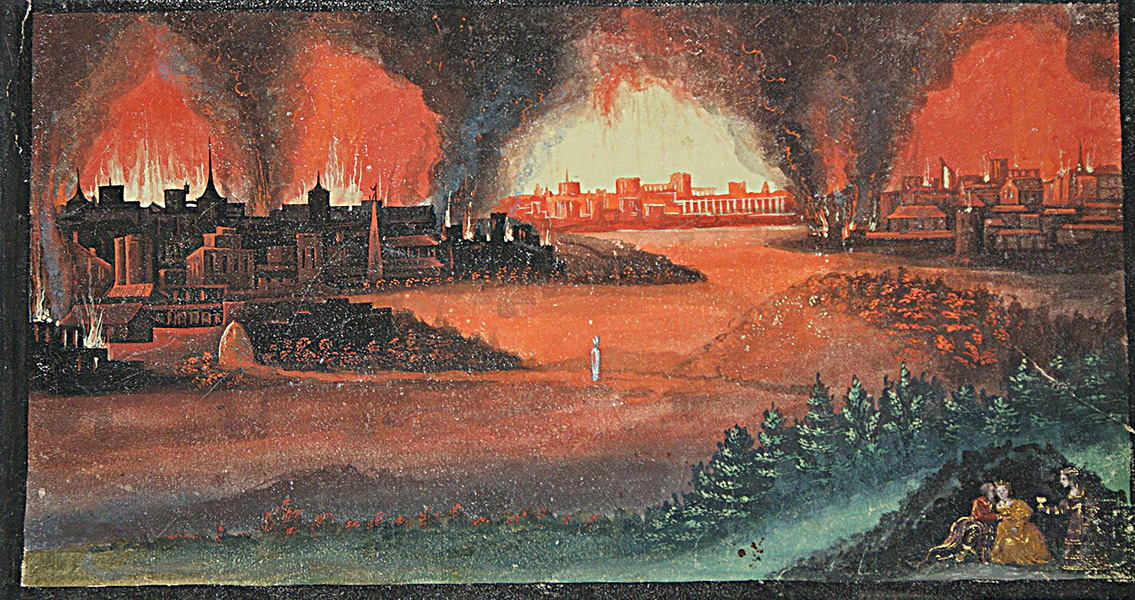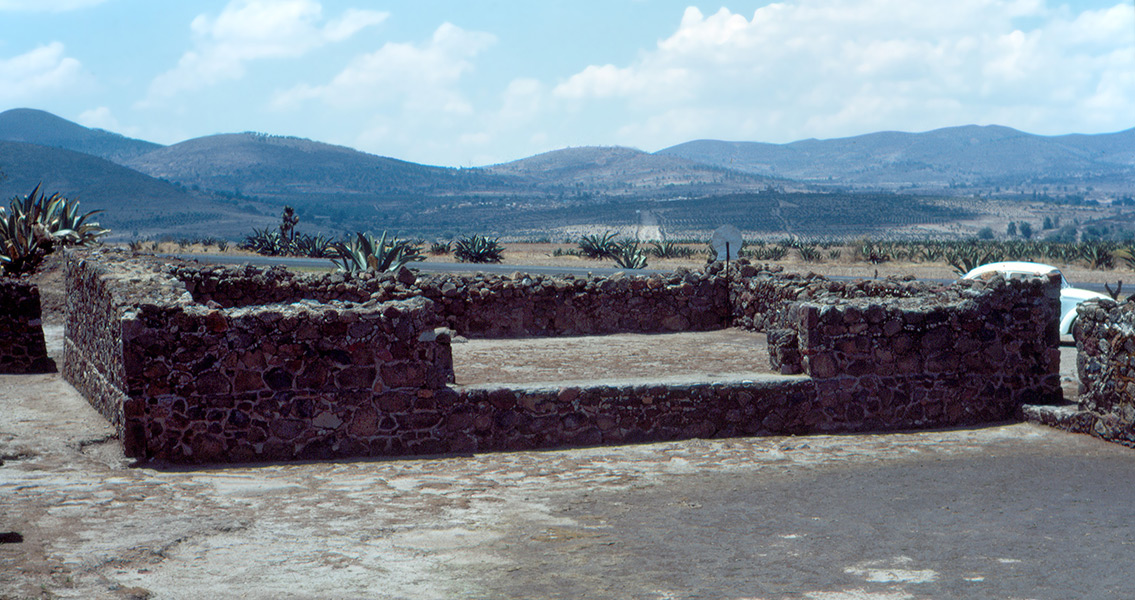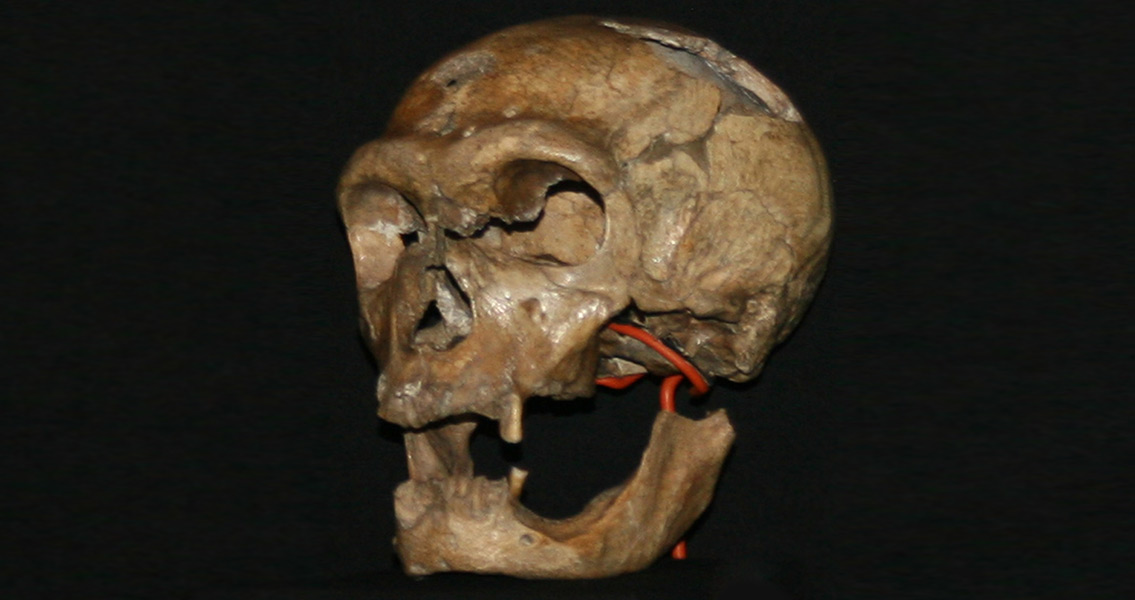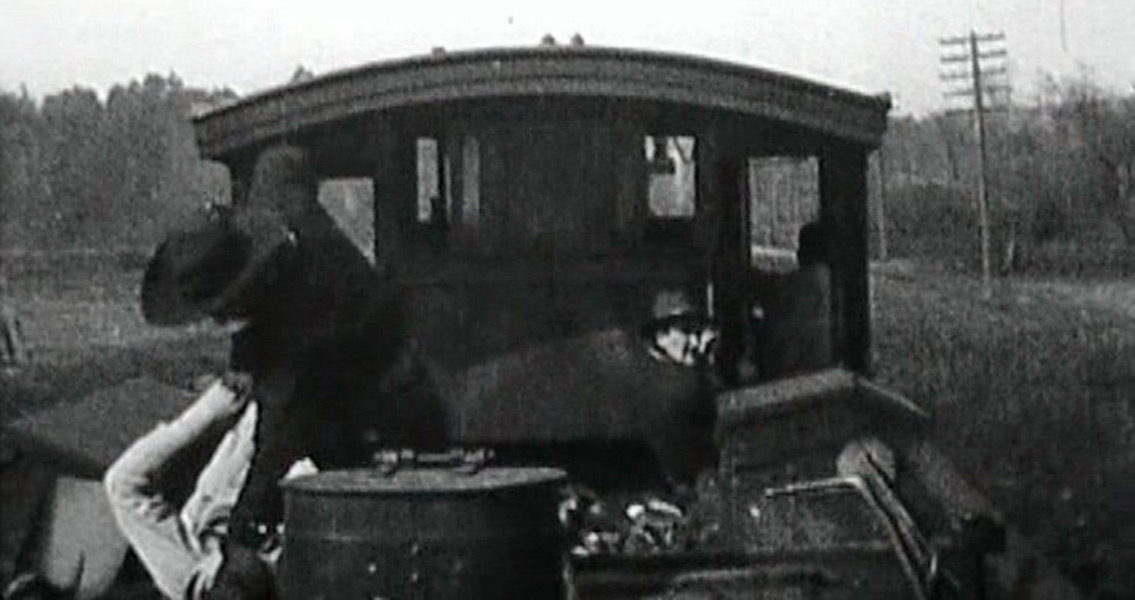
BREAKING NEWS
- Who was Harriet Tubman? The Life and Legacy of an American Heroine.
- What were the causes of World War I?
- The Spanish Civil War: How it all started and its aftermath
- How did the Partition of India happen and what were the consequences?
- Hildegard of Bingen: A Renaissance Woman Before Her Time
- What was Watergate?
- Seeking Refuge: International Refugee Policy and the Holocaust
- How did Switzerland stay neutral during World War II?
- Lines In The Sand, part 2: The Mexican-American War
- What is “blackbirding”?

2014 Powered By Wordpress, Goodnews Theme By Momizat Team






5 Comments
Richard Parks
This guy is trying to fit a fictional place “sodom” into the real word. Shame on him.
Richard Parks
World
Ephraim
Rather, shame on you! Before archaeologists discovered the ruins of Nineveh in modern-day Iraq, people were talking just like you about “fictional” places.
Jason Unwin
“Sodom”, a “proper noun”. A place.
Axel Bushing
There are plenty of people trying to connect the mythical Camelot with modern English places. The far end of the Dead Sea would be a terrific location for an obscenely wealthy and self-centred kingdom, because they would be able to trade salt to passing caravans. That there IS evidence for such a city does not mean that this is either Sodom or Gomorrah, but if one is spinning a tale of corrupt morality and the consequences thereof, the big ruined city over yonder makes a tempting location for one’s narrative.
As to the reason for abandoning the city, lack of potable water is a good bet, and the modern problem of sinkhole collapse would be another. Caravan routes changed for a variety of reasons, as the Nabateans discovered: they eventually abandoned Petra despite the fact that the water-harvesting technology still works! No caravans = no business = no reason to stay.